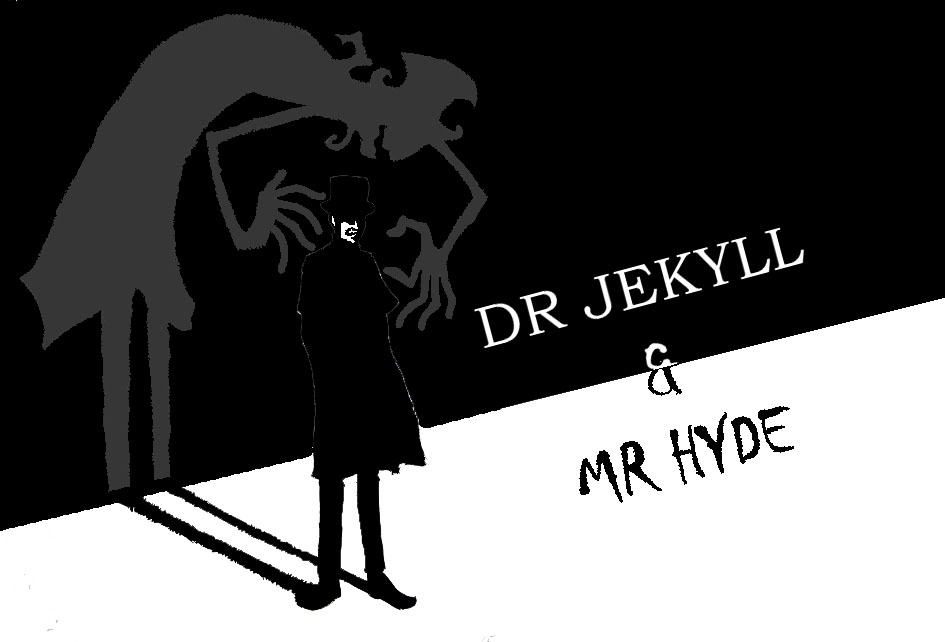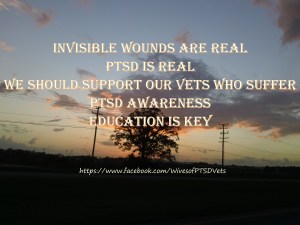My husband was diagnosed with asthma while he was in the military where he was exposed to burn pits and environmental exposures during several deployments, as well as his career field. In the last 5 years, every year, his asthma has only gotten worse. In the last year and a half, it’s resulted in over 8 ER visits at the VA. The last ER visit was in August of last year.
This time, I begged him to go to our local ER instead of the VA. This ER ended up admitting him for two days. During that hospital stay, they did more for my husband than the VA did in the last 10 years. One of the things the civilian hospital did was a CT scan where they found lung nodules and his thyroid enlarged.
We are now almost a year later, and his breathing only seems to be “good” when he is on prednisone. He also takes a Nebulizer daily, along with a daily inhaler, and has a rescue. He waited months to make a follow up appointment with the civilian doctor they sent him to. I think it has been avoidance and his PTSD that complicates things. He finally has an appointment in August.
The nodules concern me. But the VA doesn’t seem to be in a hurry, or seem to care after we gave them the reports from the civilian hospital, or even after the numerous VA ER visits. When it comes to his physical health, the VA has done such a poor job. Their only answer seems to be to throw medication at the problems, instead of actual treatment. It’s so stressful and frustrating dealing with them on EVERYTHING. In addition, the wait times, even prior to COVID, are absolutely ridiculous. It’s a full time job, on top of my full time job, caring for my husband, and raising a family, while dealing with them.
In the 10 plus years he has been at the VA, he has had half a dozen or more primary care providers. And each time, everything starts back over, and things fall through the cracks. He has yet to see a pulmonologist at the VA after being in their system for 10 years, diagnosed with asthma, and it brought up at each visit. He finally got a referral last year, but still hasn’t seen anyone! The pulmonologist said he needed a current pulmonary function test. I told the nurse when she called, they have a copy of 2! And we have yet to hear anything back.
Honestly I haven’t pursued it because every time I call, I spend a minimum of 45 min on the phone, most of the time going in a round Robin, hang ups, and not getting to who I need to. It’s time consuming and draining. We are lucky enough to have private insurance, so I have pushed to have him seen outside the VA. However, we are still spending money for deductibles, co-pays and co-insurance. But he gets seen much faster. And if, God forbid, it IS cancer, hopefully we can get an affective treatment plan in place quickly. I feel like if we waited on the VA, he would die waiting to be seen.


